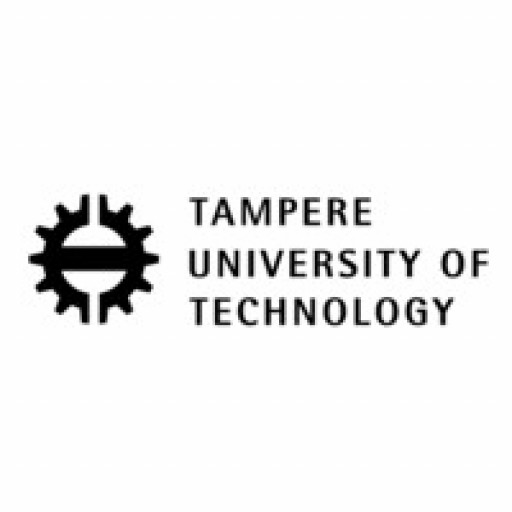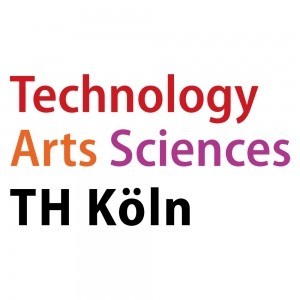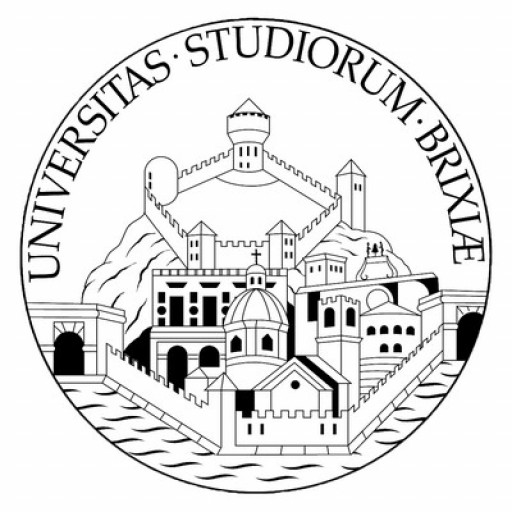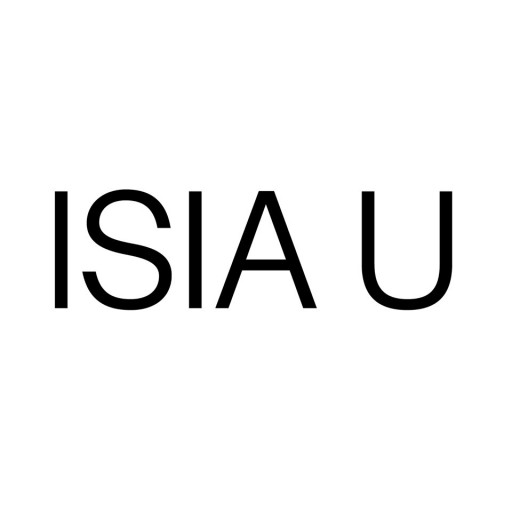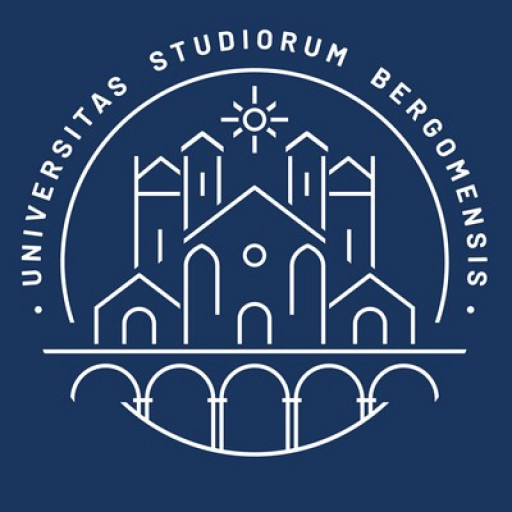Discover the fascinating world of Human Communication Science (Research) at Curtin University, a program designed for students passionate about exploring the complexities of human interaction, language, and communication processes. This postgraduate research degree offers an in-depth opportunity to investigate the theoretical foundations and practical applications of communication theories across diverse contexts and settings. Throughout this program, students will engage in rigorous research methodologies, develop critical analytical skills, and contribute to advancing knowledge in the field of human communication. The curriculum emphasizes interdisciplinary approaches, integrating insights from psychology, linguistics, sociology, and media studies to provide a comprehensive understanding of how humans convey, interpret, and respond to information in personal, professional, and societal domains. Students will work closely with experienced academic supervisors who are experts in areas such as communication disorders, intercultural communication, media impacts, and speech science. The research project undertaken will culminate in a scholarly thesis that contributes original insights to the discipline. This program is ideal for those seeking to pursue careers in academia, research institutions, or industries focused on communication strategies, policy development, and applied communication sciences. Graduates will be equipped with advanced research skills, critical thinking abilities, and a deep understanding of human communication patterns, positioning them to influence policy, improve communication practices, and address complex communication challenges in a rapidly evolving global landscape. The Human Communication Science (Research) degree at Curtin University is dedicated to fostering innovative research and scholarly excellence, preparing students to become leaders and change-makers in the communication field.
The Master of Human Communication Science (Research) at Curtin University is a comprehensive program designed to equip students with advanced knowledge and research skills in the diverse field of human communication. This program offers an in-depth exploration of communication processes, theories, and research methodologies, preparing graduates for careers in academia, industry, or further research. Students will engage in rigorous research projects, allowing them to develop critical thinking, problem-solving abilities, and expertise in analyzing communication phenomena across various contexts, including interpersonal, organizational, digital, and intercultural communication.
Throughout the course, students will undertake coursework that covers foundational and advanced topics such as communication theories, qualitative and quantitative research methods, data analysis, and ethical considerations in research. The structured research component involves designing and executing a substantial research project, culminating in a thesis that contributes original insights to the field of human communication. The program emphasizes a multidisciplinary approach, integrating perspectives from psychology, sociology, media studies, and linguistics, ensuring that students gain a holistic understanding of communication issues in contemporary society.
The program is ideal for individuals seeking to deepen their understanding of communication processes, develop robust research skills, and contribute to scholarly knowledge through original research. Graduates of the Master of Human Communication Science (Research) will be well-equipped to pursue academic careers, roles in communication consultancy, policy development, media analysis, or further doctoral studies. Curtin University’s supportive research environment, access to state-of-the-art facilities, and close ties with industry professionals provide students with an enriching learning experience. Enrolling in this program offers an excellent opportunity to become a skilled researcher and a key contributor to the evolving field of human communication science.
Please refer to http://study.curtin.edu.au for further information on entrance to the course.
The Human Communication Science (Research) program at Curtin University offers various financing options to support enrolled students throughout their studies. International students are required to pay tuition fees, which vary depending on the specific research area and duration of the program. Domestic students may be eligible for government-funded financial assistance, including Research Training Program (RTP) scholarships, which can cover tuition fees and provide a living allowance. These scholarships are highly competitive and are awarded based on academic merit and research potential. Other funding opportunities include Curtin University’s internal research grants, which sometimes include stipends and support for research-related expenses.
Students are encouraged to explore external funding sources such as Australian government research grants, industry partnerships, and fellowships, which can significantly offset the costs associated with research degrees. The university also provides guidance on scholarship applications and financial planning to ensure students can focus on their academic and research pursuits without undue financial stress. Payment plans are typically available, allowing students to spread tuition payments over the duration of the program. Additionally, students may consider part-time work options permitted under visa conditions for international students and within the university’s employment services.
Cost of living in Perth, Western Australia, where Curtin University is located, should also be considered when planning finances. The city offers various accommodation options, from on-campus housing to private rentals, with costs varying accordingly. Students are advised to budget for essential expenses such as accommodation, health insurance for international students, textbooks, supplies, and personal expenses. Curtin University’s financial services department provides detailed information and personalized advice to help students manage their finances effectively during their research studies. Overall, while the exact costs and funding options can differ based on individual circumstances, students pursuing Human Communication Science (Research) at Curtin University can leverage a combination of scholarships, grants, university support, and personal planning to finance their education effectively.
The Master of Human Communication Science (Research) at Curtin University is a postgraduate research program designed for students who wish to deepen their understanding of human communication processes and conduct advanced research in this field. This program focuses on exploring various aspects of human communication, including verbal and non-verbal communication, interpersonal communication, media and digital communication, and the impact of communication technologies on society.
Students enrolled in this program have the opportunity to undertake a substantial research project under the guidance of experienced supervisors. The research component allows students to develop expertise in designing and conducting empirical studies, analyzing data, and contributing new knowledge to the field of human communication sciences. The program aims to prepare graduates for careers in academia, research institutions, media organizations, public relations firms, or communication consultancy.
The coursework may include seminars, workshops, and workshops centered around research methodology, data analysis techniques, and current issues in human communication. Students are encouraged to engage critically with existing literature and to develop original research questions that address real-world challenges related to communication.
Curtin University's facilities and resources support research activities, providing access to state-of-the-art laboratories, libraries, and digital databases. The university also fosters an innovative research environment with opportunities for collaboration across disciplines and industry partnerships. Upon completion, graduates will have acquired comprehensive research skills, a strong theoretical foundation, and practical experience in human communication science.
Admissions requirements typically include a relevant undergraduate degree, such as communication, media studies, psychology, or social sciences, along with evidence of research capability or potential. The program duration varies but generally spans over a period suitable for research, often around one to two years full-time. The degree is ideal for students seeking to undertake in-depth academic research or to enhance their expertise for professional roles in communication-related fields.

